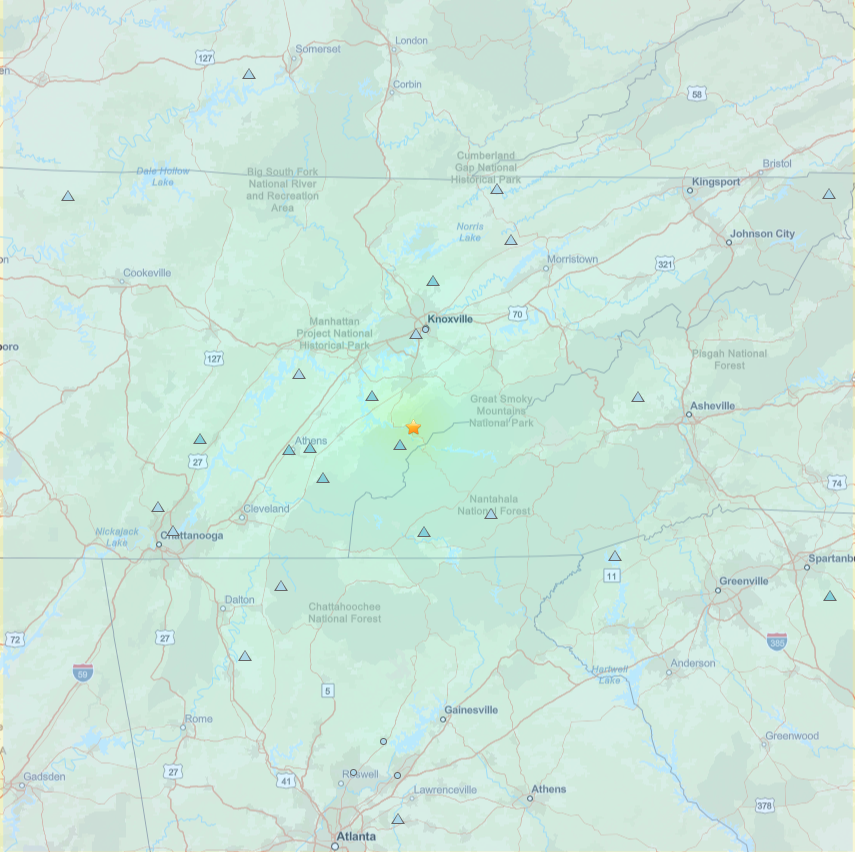Among the items that were up for a decision during the County Commission’s September session was a question over whether to waive a fee established in a local ordinance that is hoped will encourage local farmers to diversify and plant a vineyard on their property in order to produce a Polk County vintage in years to come.
The board voted 4-1 to approve the request sought by Commissioner Scotty Tillery in hopes of encouraging local farmers to setup their own wineries and follow in the footsteps of at least one other family in the county who have planted their own vines and produced local wine.
Prior to the approval of the amendment in the zoning ordinance controlling how wineries and breweries are established locally, anyone seeking to setup an operation were required to pay application fees of $500 to seek the Special Land Use Permit for agricultural land within the county as part of the other paperwork and fees required to produce alcohol.
Tillery said if the fees are waived, it is hoped it will encourage home-based viticulture to spring up and potentially produce another avenue to encourage argi-tourism in the county with the proximity to the metro area in mind. He noted one local farm that was already on their second year of producing grapes to turn into wine.
In order to classify as a farm winery, producers can get extra grapes if their harvest isn’t enough to produce for a batch of wine in the surrounding area and still call their wine local, Tillery explained. They can’t send off for grapes from California to do so, and definitions of a commercial winery are vastly different than a farm winery.
There’s good reason for local farmers to consider adding a farm winery to their potential opportunities for crops to add to their land in the near future. Though grapes meant for wine do require some additional care and patience, the growing Georgia wine industry is contributing something to the tune of more than $81 million to the state’s economy, employs hundreds of people, and generated more than $4 million in tax revenue (per Georgiagrown.com.)
Wineries also offer opportunities beyond growing grapes and waiting for the juice to mature into a white or red wine. Tourism, tasting events and hosting special occasions on a farm winery offer a way to increase agriculture income on an individual and countywide level with a farm winery.
Georgia currently is home to at least two dozen wineries that are available to visit for agri-tourism opportunities.
Agri-tourism is much more than just providing a chance for experiencing a vineyard. Georgia hosts all sorts of opportunities to visit farms without even making that connection, from local corn mazes and pumpkin patches during the fall and Christmas tree farms during the holiday season. Year-round, agri-tourism is in small part connected in weekly life with the Rockmart Farmers Market.
The lone vote against the amendment to the zoning ordinance governing farm winery application fees was Commissioner Chuck Thaxton, who said he does like the idea of farm wineries in Polk County but didn’t wish to set a precedent by waiving the fee where then it might be sought to waive it in other cases.





















Leave a Reply